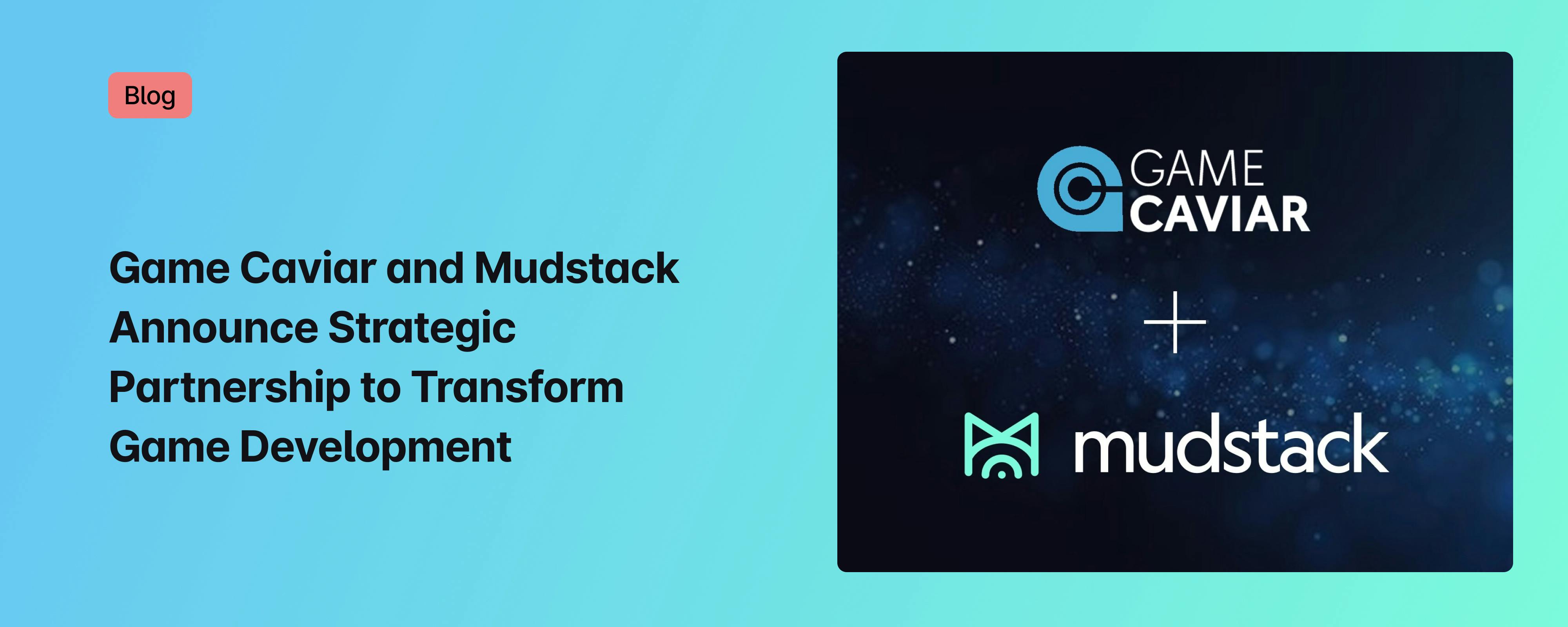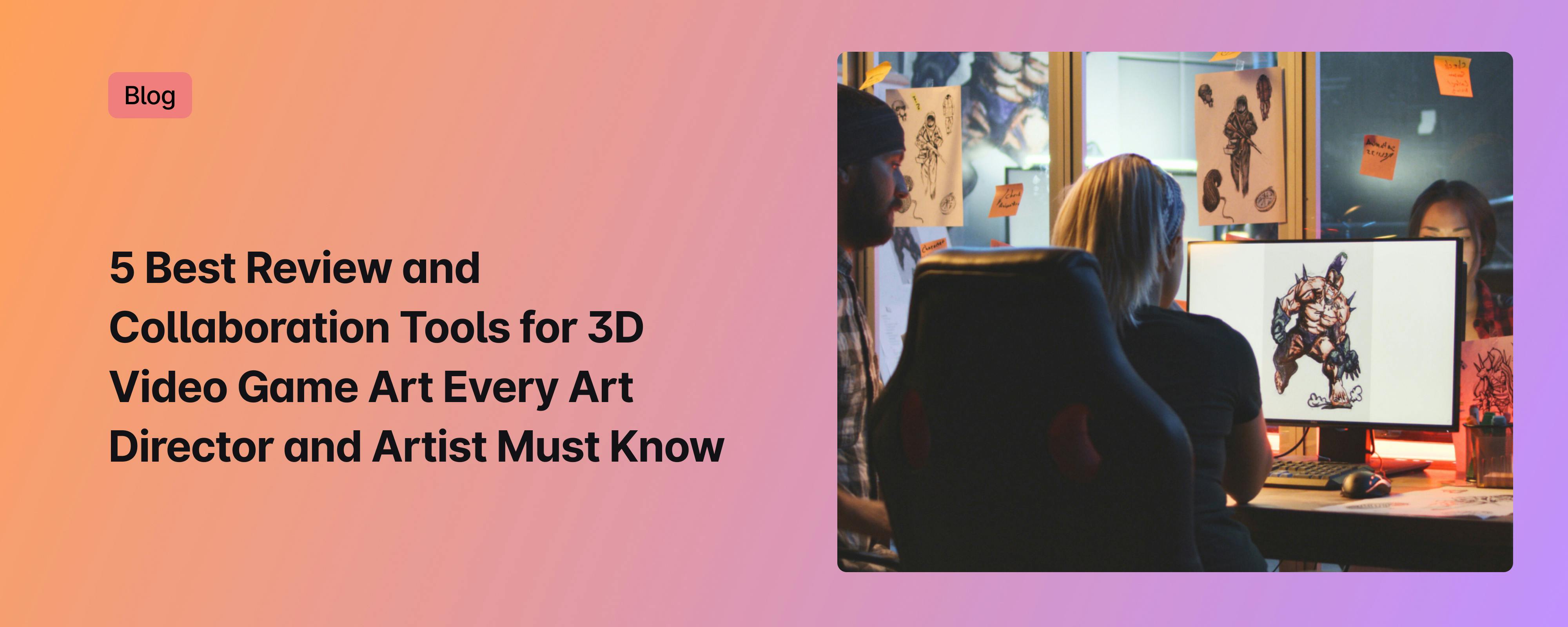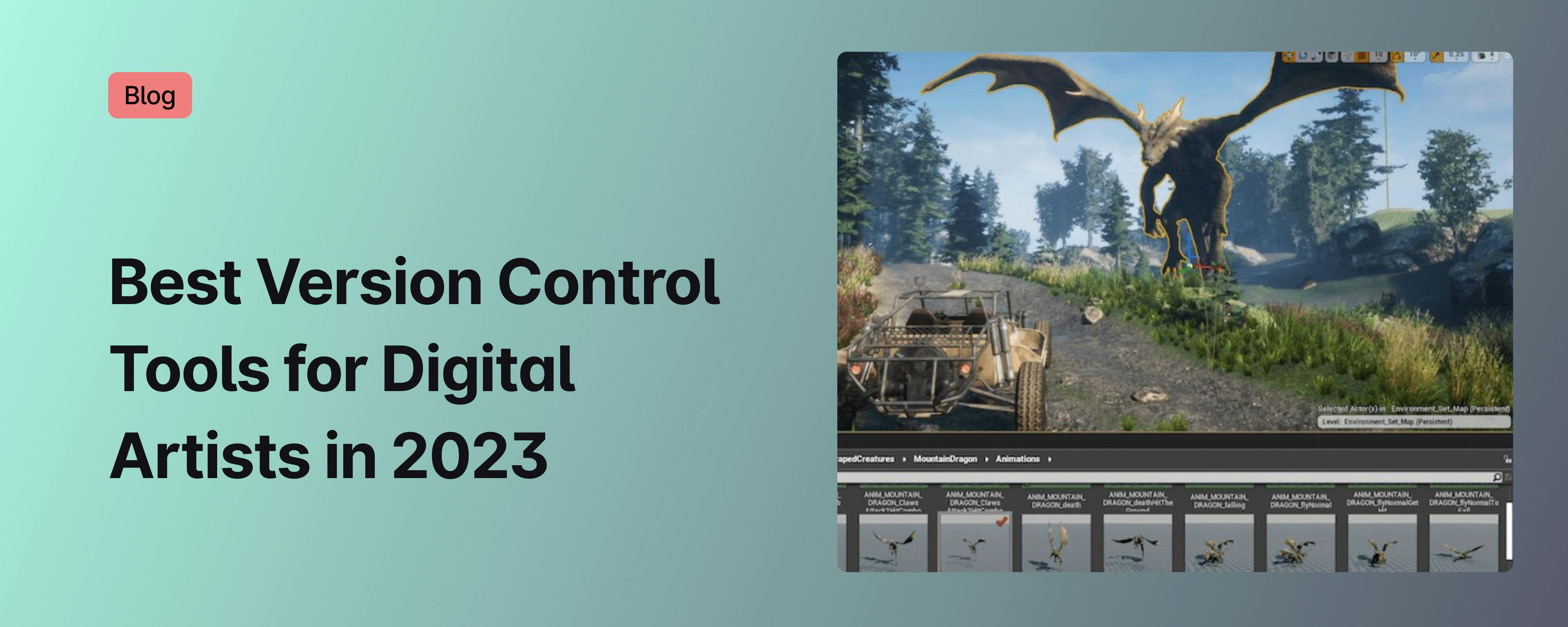Building Strong Communities Around Your Game
Unique and Creative Approaches by Game Developers

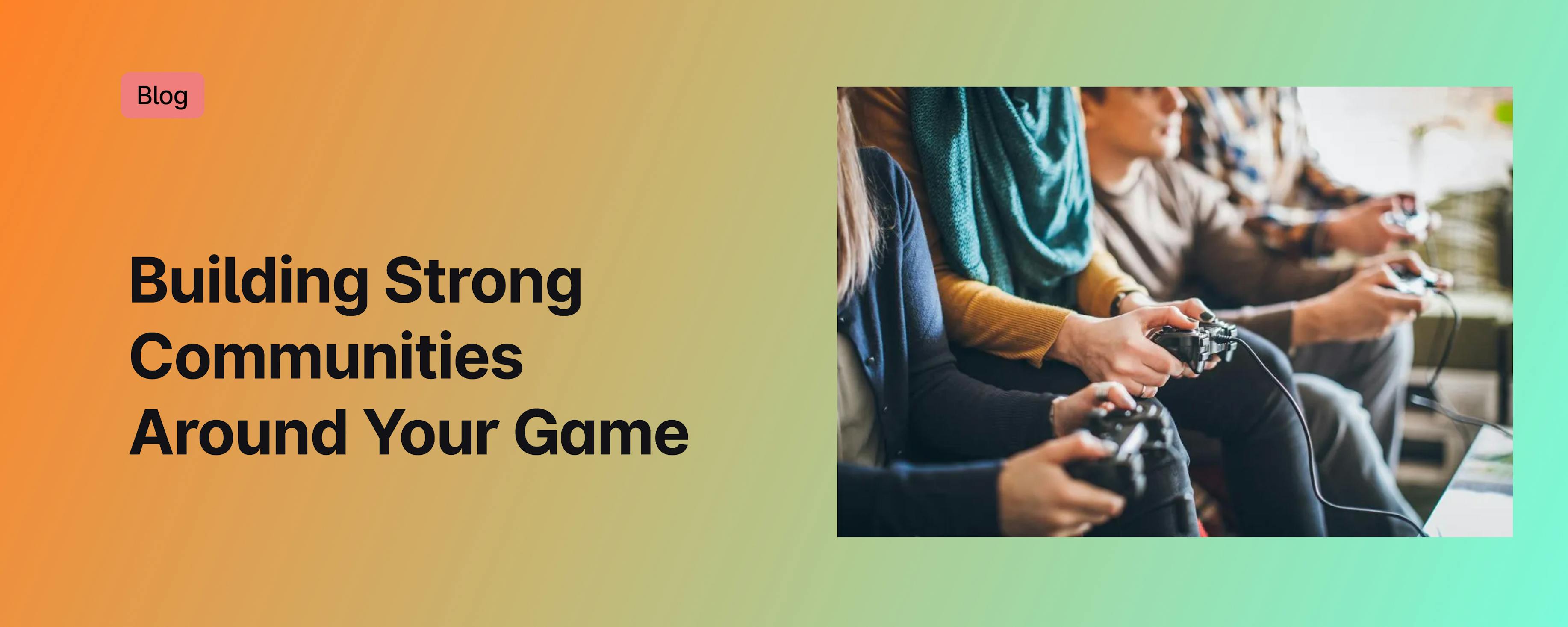
In this blog post, we explore how game developers can foster relationships with their players, overcome toxic elements, and elevate the industry as an art form. From embracing a welcoming community environment to finding evangelists for your game, learn the strategies that create lasting connections and drive success in the dynamic realm of game development.
Embracing a Welcoming Community Environment
Creating a strong relationship with the community is the foundation for a solid, long-lasting player base in gaming. In the vast realm of game development, studios can approach building community with as much creativity as they do making games, but the most tried and true strategy is to foster a welcoming, kind, and loving community. When players feel embraced and accepted, they are more likely to engage with a game — and there’s nobody more qualified to do this than the developers themselves. This approach has become a cornerstone for many indie and AAA studios, as it cultivates a positive environment for sharing ideas and discussions that transcend the initial release of a new title.
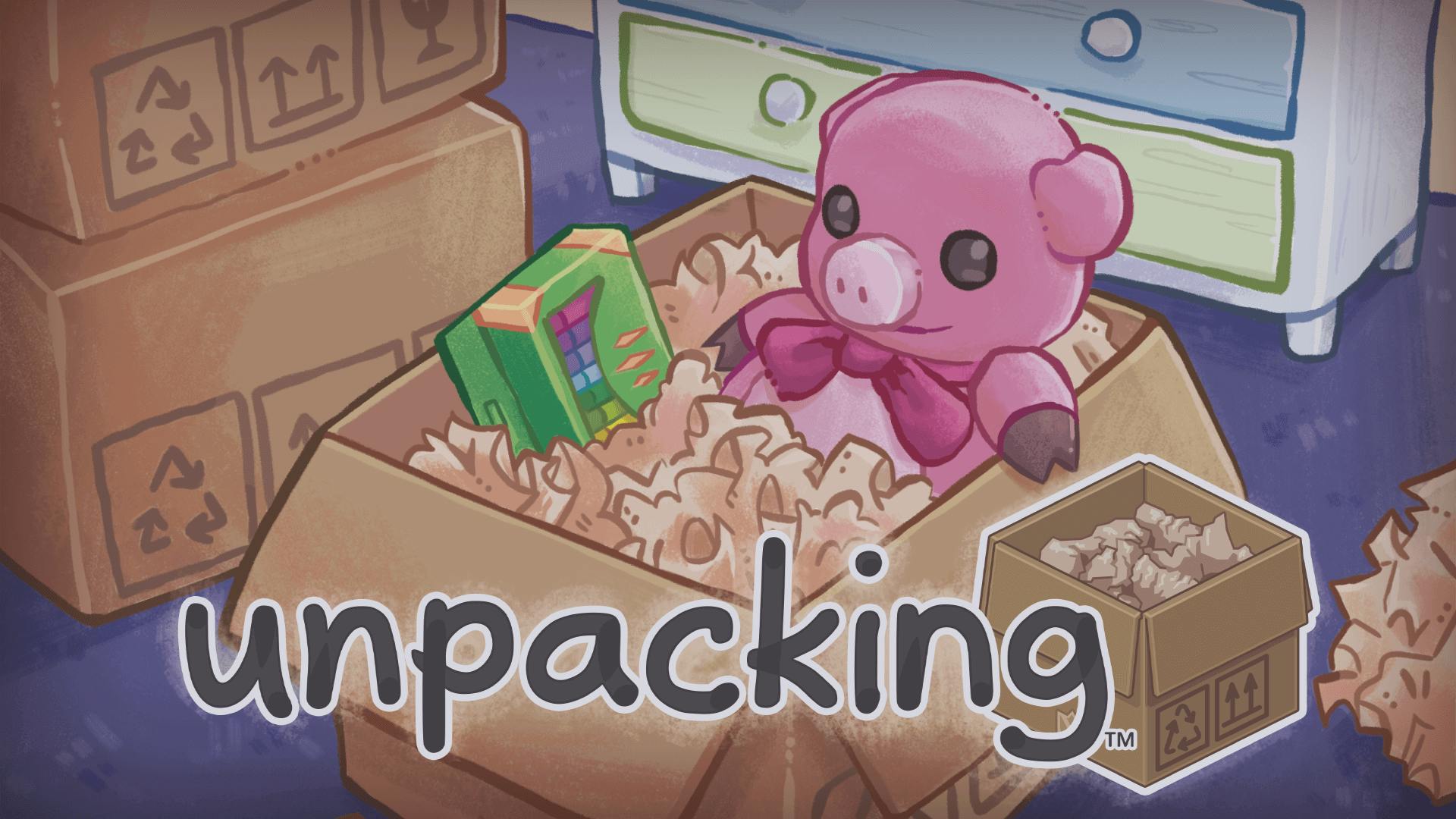
Indie sensation Unpacking, released in 2021, took the gaming industry by storm, propelled by a viral surge on TikTok and Twitter, and quickly became a commercial triumph, selling over 100,000 units across all platforms within its first ten days. Witch Beam's dream-like puzzle game invites players to intimately explore the unpacking process, piecing together a life and a narrative without ever meeting the character or hearing their story.
Navigating Challenges with Toxic Communities
While developers strive to create inclusive communities, they often face challenges when dealing with toxic elements from online communities. It can be a delicate task to maintain the same level of love and sharing while addressing issues raised by individuals who demand immediate fixes or improvements. However, the objective remains the same: to share the game with fellow developers and community members. Overcoming these hurdles requires a delicate balance and a commitment to preserving the welcoming spirit of the community.
It’s good to remind yourself that the most vocal instigators of toxicity are likely trolls. Despite the best efforts of the development team, haters are going to hate. Remember to celebrate your successes, trust your instincts, and try to disengage and de-escalate whenever necessary.
The Rising Appreciation for Game Developers: Elevating an Art Form
Shining the Spotlight on Remarkable Perspectives
The game industry is home to incredible talents and unique perspectives from every corner of the world. The diverse perspectives and contributions of game developers have elevated the medium, positioning it as a recognized art form. Players are captivated by the fascinating insights and creative prowess of game developers.
Maybe not everyone on your team is built for being a public figure, but there’s a good chance that there is at least one person on your team who has the gift for gab. Get that person in front of an audience — podcasts, interviews, live streams, and conferences are probably the most straightforward approach, but there are plenty of other creative ways that you can try. One of the benefits of being a small studio is that you get to define your own marketing strategies without the pressures of the higher-ups telling you what you can and cannot do.
Here are a few creative marketing strategies to showcase the brilliance of game developers:
Developer Challenges and Contests
Creating challenges or contests that involve developers can be an innovative way to market a game while highlighting their skills. These challenges could range from level design competitions to character creation contests, or even coding hackathons. By showcasing the talent and creativity of the developers, these events generate buzz, encourage community participation, and create a platform for developers to shine.
Developer Diaries: Behind-the-Scenes Insights
These behind-the-scenes insights offer players a glimpse into the creative process, challenges, and triumphs of game development. By sharing personal stories, concept art, and design choices, developers can forge a connection with the audience, allowing them to appreciate the passion and dedication poured into the game.
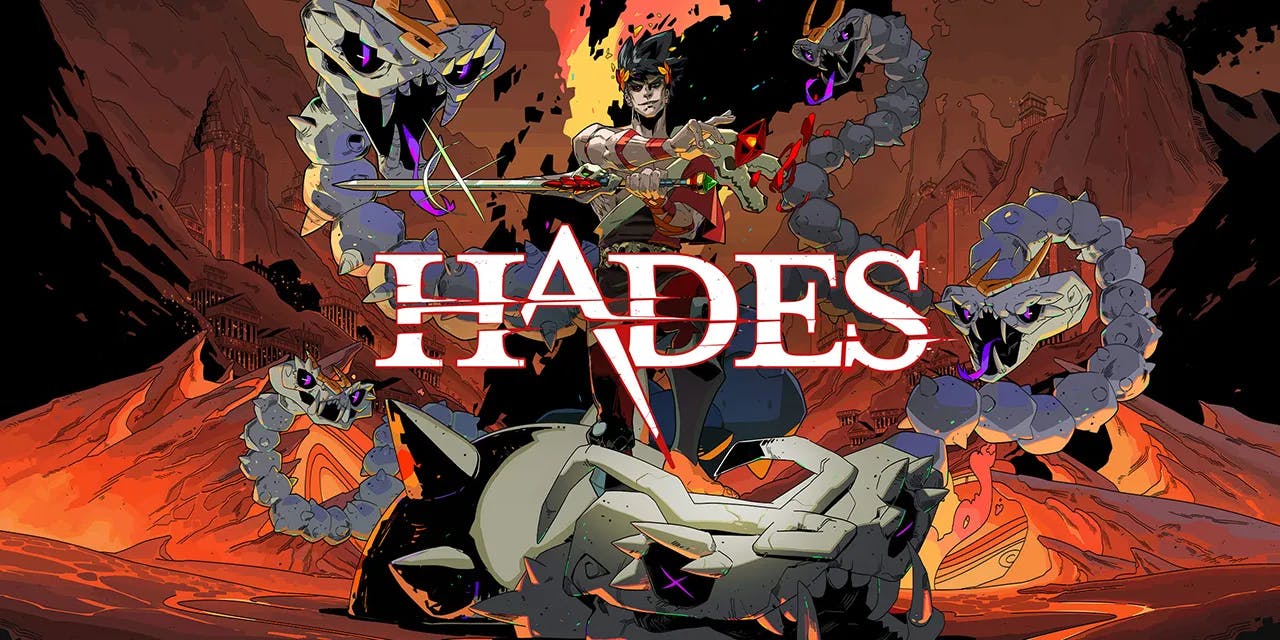
Hades by Supergiant Games inspired a cult following through wicked and addictive gameplay, a distinctive art style, complex characters, and world-building that enriches the familiar lore of Greek gods — the bad guys most of all.
Deep Dives and Bonus Content: Showcasing Creative Energy
In addition to highlighting developers through interviews and behind-the-scenes content, offering deep dives and bonus content for the game demonstrates the immense creative energy and thought put into the project. This could include developer commentary tracks, artbooks, making-of documentaries, or even interactive experiences that provide players with a deeper understanding of the game's mechanics, narrative, and artistic vision. By going the extra mile to offer these enriching experiences, developers not only showcase their commitment to delivering a high-quality product but also give players a chance to fully immerse themselves in the captivating world they have meticulously crafted.
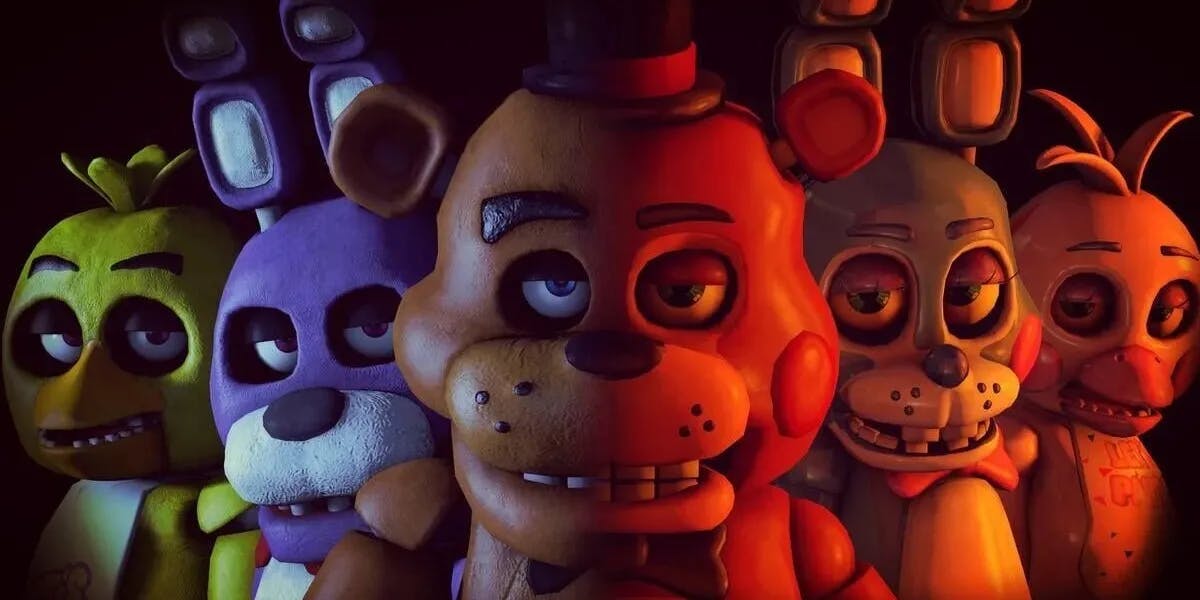
Five Nights at Freddy’s: This eerie survival-horror game, created by Scott Cawthon in 2014, gained massive popularity thanks to internet personalities and theory crafters, leading to a franchise that defined the genre with its mysterious lore, jumpscares, and a wide range of spin-offs, sequels, and merchandise.
Finding Evangelists: Allies and Advocates for Your Game
Identify individuals who share the same passion and vision for the game, and approach them with confidence. These evangelists become crucial allies and advocates for the game, spreading the message and engaging with the community as it grows. This approach is increasingly prevalent in both indie and AAA games, where players connect with recognizable faces representing the games or the companies behind them.
You should never underestimate the value of word-of-mouth endorsements. Having just a few dedicated creators who share your passion for your game can mean all the difference when it’s time to launch. Finding the right audience for your game is going to depend on some marketing chops that smaller studios might not have the budget for. Consider doing some research and finding the streamers and reviewers who are most likely to vibe with your game, and get them a playable demo ASAP.
